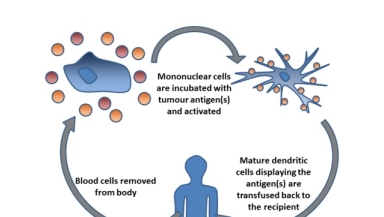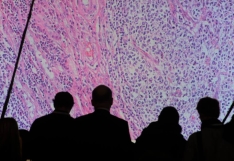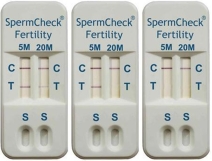
Good news: Scientists are getting closer to finding a truly effective way to cure cancer.
A team of doctors conducting clinical trials in the U.S. announced this week that they have made significant progress in coming up with a treatment that teaches the human body how to combat cancer cells.
Early trials of this potential cancer treatment, which involves the modification of human white blood cells to target certain types of cancers, have yielded "extraordinary" and "unprecedented" results, according to the researchers.
The scientists reported that 94 percent of patients with acute lymphoblastic leukaemia who underwent the clinical trials said their symptoms were completely gone after they were treated with the modified white blood cells called "T-cells." These patients have earlier been told that they only have a few months to live going into remission.
Similarly, 80 percent of patients with non-Hodgkin's lymphoma—a cancer of the lymphatic system, the body's disease-fighting network—also reported that their symptoms completely vanished after receiving the treatment.
Even lead researcher Professor Stanley Riddell from the Fred Hutchinson Cancer Research Center in Seattle was astounded by the results of their clinical trials.
"This is extraordinary. This is unprecedented in medicine to be honest, to get response rates in this range in these very advanced patients," he said in an article published by Fox News.
This treatment, initially tried with mice, particularly involves removing the "T-cells" from the patients' bodies and genetically modifying them to teach them how to target cancer cells.
These targeting molecules, known as chimeric antigen receptors or CARs, are then injected back into the body.
Riddell views these developments as something that can change the medical field and lower the reliance on chemotherapy to treat cancer.
"These are in patients that have failed everything. Most would be projected to have two to five months to live. This is potentially paradigm-shifting in terms of how we treat them. I think immunotherapy has finally made it to a pillar of cancer therapy," he said.


















